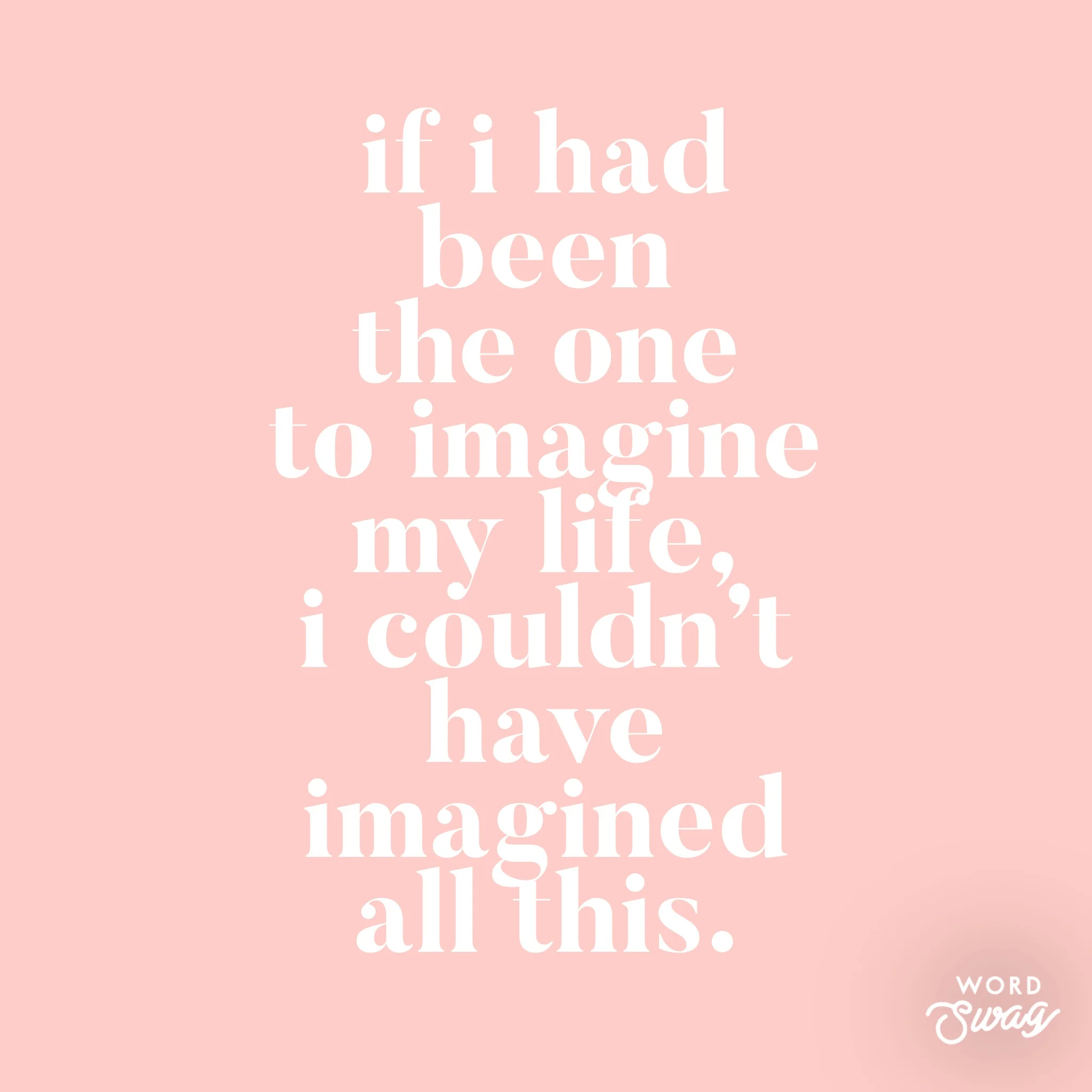I have a friend who is really indecisive. If you ask her where she wants to go for lunch, she’ll say, “I don’t care. Where do you want to go?” Or if you ask her what she wants to do this weekend, she’ll say, “I don’t care. What do you want to do?” I’m sure she thinks she’s being all laid back and accommodating, but the truth is I really do want to know what she wants to eat and where she wants to go.
If I didn’t care, I wouldn’t have asked.
Sometimes, though, I’ll make a suggestion, and she’ll say, “Oh no. I definitely don’t want to eat that.” Or “Nah…Iet’s do something else.”
And while that’s also frustrating for me, I’m glad my friend is confident about what she doesn’t want.
Case in point: When I was just a young chick, straight out of college, I worked as an office assistant in my dad’s office. It was my very first “real” job, complete with the entry level task list and entry level pay. But there was a problem: I didn’t think I was entry level material.
One of those daily tasks included data entry on a massive spreadsheet. I was a fast typist, so I was actually pretty good at this job. I could enter that data like a boss.
I was very, very fast, but I was also very, very bored.
And I knew I didn’t want to do data entry forever.
Soon, I dropped the Office Assistant title and instead began calling myself the Member Services Coordinator. My colleagues may have still thought of me as “just” the office assistant, but I began to introduce myself to stakeholders and clients in this brand new way. I also began taking on new assignments; planning continuing education and training, creating community, writing policy papers, interacting with legislators, taking notes at board meetings, and learning everything I could about what it means to be a change maker.
Just because you’re good at something doesn’t mean you should keep doing it and just because you love something doesn’t mean you’ll automatically be good at it. But knowing what we don’t want is the first step toward cultivating the skills we need to create a life we love. By knowing what I didn’t want to do, I was able to begin building a resume full of things I did want to do.
I don’t know exactly what I want my business to look like in five years, despite all the books and podcasts and conferences that urge me to write down all my goals and all the steps for getting there. I’ve lived long enough to see things take unexpected turns and to enjoy the surprise people and projects that have crossed my path. Meaning and purpose have evolved in a beautiful way over the last decade.
But still—despite the twists and turns—I have remained true to what I don’t want.
I don’t want to work in an office where my creativity and ingenuity isn’t valued.
I don’t want to be chained to a desk doing data entry and typing other people’s reports.
I don’t want a lot of things that maybe you do want—and that’s what makes the world a beautiful place. There are people who love data entry, who love the feel of their fingers flying over the keyboard and of seeing the lines on the screen fill up one by one. They enjoy checking things off lists and seeing tangible evidence every single day of the work they’ve done. If that’s you, then that’s awesome.
For you, the thought of filling up a journal page with 100 ideas might cause bile to rise in your throat. Or maybe the thought of pitching an idea or a product to an investor or donor would cause you to run screaming from the room.
I hope you always dream big dreams, but also pay attention to what you don’t want. It will be just as important as what you do want. Sometimes, I think it’s a little easier to recognize, too. Believe it or not, I used to want to be a doctor. Just after my first daughter was born, I decided to turn down my medical school acceptance letter. It wasn’t that I minded being on call at night and weekends, having little flexibility during the work day, or dealing with people who wouldn’t do what I told them to do. It was that I knew I didn’t want to be exhausted because I was pulling double duty doing those very same things as a parent to my young daughter. I knew I couldn’t manage both.
And I didn’t want to have to choose.



